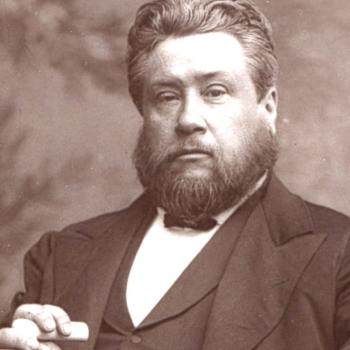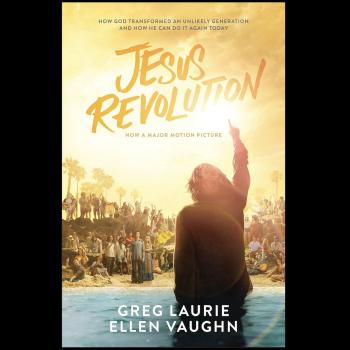I received another great e-mail question today:
I became interested in your blog when I found it through Mark Dever’s 9 Marks website. I attended his church for a semester in college, and am friends with two of his former interns (James Santos and Paul Alexander). I’ll be going to the T4G conference in April.
While jumping around through your site, I came across your description of the various leaders in a church. Very apt! However, I was wondering if you could clarify the “Apostle” position for me. For the sake of my own curiosity, I’d like to understand better what this person looks like in the church, how they are defined, and who an example might be. Which of the types do you envision Mark as?
I am fairly sure that my correspondent is referring to a post in which I argued apostles are for today and defined the Ephesians 4 ministries as follows-
A Pastor loves Christians
A Teacher loves books
An Evangelist loves non-Christians
A Prophet loves God
An Apostle loves the Church
As far as what an apostle does today is concerned, well they are meant to do almost exactly what the apostles of the NT era actually spent the vast majority of their time doing – serving the purposes of God in extending his Kingdom through the church. In the New Testament apostles plant churches, travel in teams around existing churches, disciple young men and turn them into leaders, appoint elders, gather elders together to train and warn them, lay doctrinal foundations, speak out against doctrinal heresy, strategize, direct, lead and correct existing churches.
In general teams I guess you could say Apostles start and care for churches. They MUST in my view have proven themselves in building a good local church which should be healthy and growing. The must inspire confidence in them by other leaders. They must be deeply committed to prayer and inspire faith in others. They will teach doctrine but will do so in a way which is very much connected with the practical issues of how to day to day do church. They are father-figures for whole families of churches. Their authority far exceeds any official position they have and they influence people more by the nature of their life and love for God than by any denominational authority. Actually, biblically we see that apostles did not even seem to exercise an organizational authority in NT days. Paul does not “lord” it over his converts but instead seeks to instruct them.
Now, whilst apostles are not always called apostles, and in some ages have been frustrated in their ministries by bureaucratic church heirachies I believe that God has never stopped sending his apostles to his church.
So who do I feel were apostles in church history? Men like Spurgeon, who single-handedly spawned hundreds of new churches. There are too many other examples to list.
In terms of Mark Dever, well I don’t know him that well but from what I do know of him from meeting him once and reading online he is
-deeply committed to the local church
-passionate about both doctrinal foundations and building church structures that match it.
-a real people person and a gatherer – he totally seemed like a father-figure to me
-a man with an extensive following among Church leaders outside of his own local church
-a man without denominational power that explains his influence
-a man whom others are inspired by
-a man who travels with the gospel
-a man who seeks to bring reconciliation and renewal to the corporate body of Christ and not just his own denomination
He sounds a bit like an apostle to me. What other biblical class of leader could we put him in? How else could we explain his role? How else can we hold him accountable to a biblical model to test his ministry by?
Do you not think that we would be better of recognizing the role that men like Mark are fulfilling, and releasing them to do it in just the same way that the apostles of the New Testament did whilst they were not busy writing scripture (a task incidentally that cannot have kept the average apostle occupied for much of their lives!)












